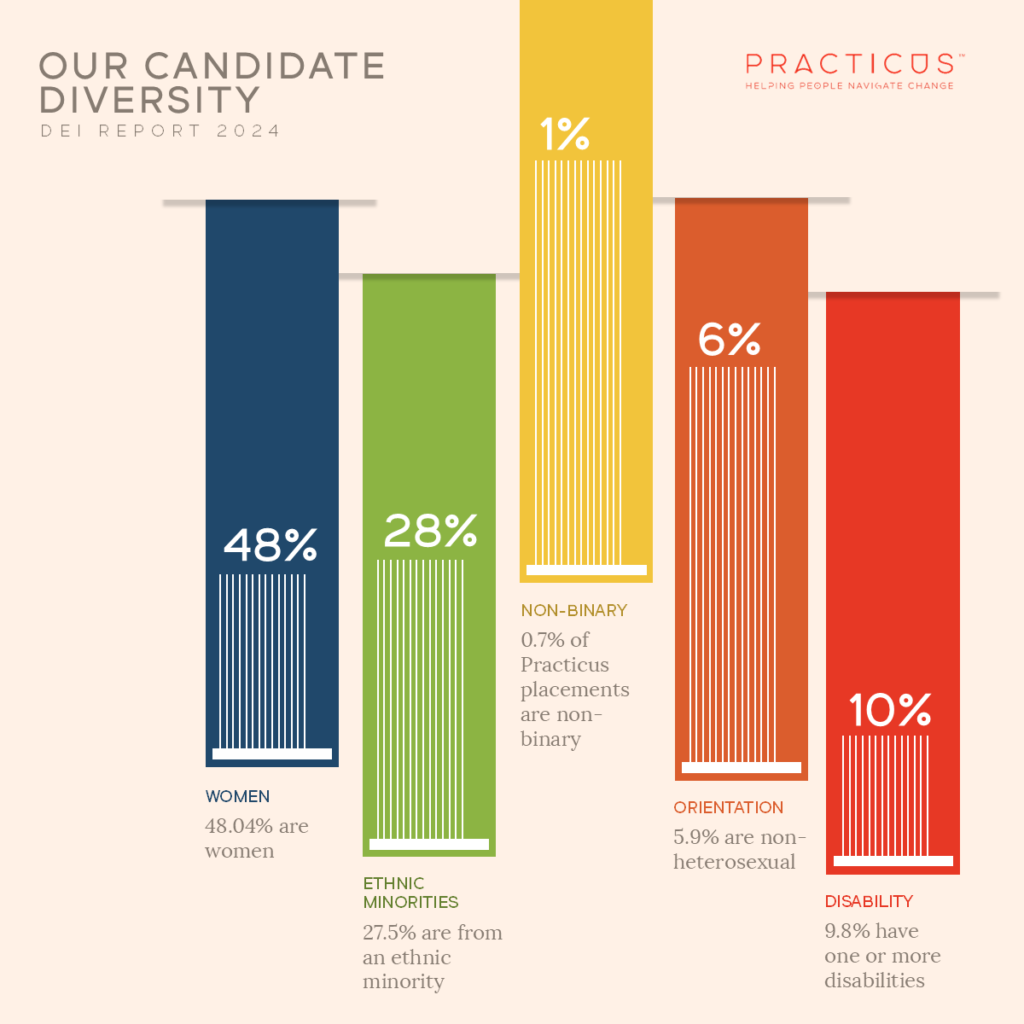What is the highest position in a company?
The highest position in a company is typically the Chief Executive Officer (CEO). The CEO holds the top executive role and is responsible for the overall operations, leadership, and management of the company. They set the company’s strategy, make major corporate decisions, and manage the overall resources and operations of the business. The CEO reports to the board of directors and is accountable to them for the performance of the company, making this role pivotal in shaping the company’s success and future direction.
Sometimes, people consider the chairman to be the highest position but this is a misunderstanding.
In the corporate hierarchy, the role of the Chairman and the CEO are distinct, and their levels of authority can be considered different in terms of their responsibilities and focus, rather than strictly “higher” or “lower.”
CEO (Chief Executive Officer): The CEO is the highest-ranking executive manager in a company. They have the primary responsibility for managing the company’s operations and resources, implementing strategy, and making the day-to-day decisions. The CEO is responsible for the overall success of the business and reports directly to the board of directors.
Chairman of the Board: The Chairman is the head of the board of directors, which is the governing body elected by shareholders to oversee the management of the company. The Chairman leads the board meetings, facilitates effective communication between the board and the CEO, and ensures that the board effectively governs the organisation’s operations. The Chairman does not manage day-to-day operations but focuses on broader strategic goals and governance issues.
In terms of authority:
- The CEO is the top executive officer with the highest operational authority within the company.
- The Chairman is higher in the governance hierarchy, overseeing the board which in turn supervises the CEO.
Thus, while the CEO runs the company, the Chairman leads the board that governs the CEO’s activities. This setup is designed to balance power and enhance accountability within the corporation.


